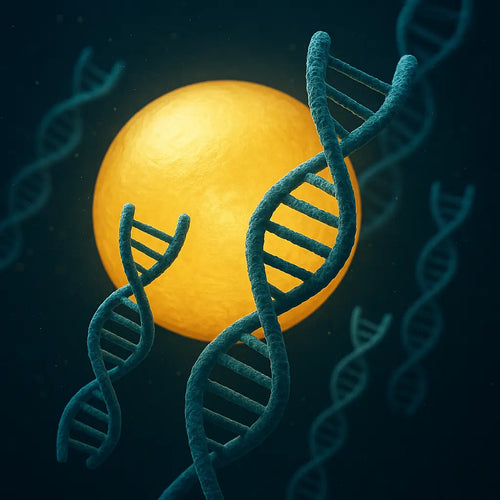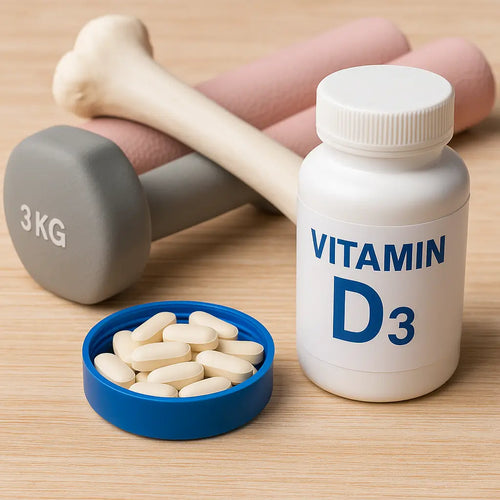
You want to do what you can to avoid an intracranial aneurysm.
This study investigated the genetic association for intracranial
aneurysm from a genome-wide association study in 79,429 individuals
with 7,495 cases and 71,934 control (Larsson SC, Gill D, 2021).
The results showed higher genetically predicted serum magnesium
concentrations were associated with lower risk of intracranial
aneurysm.
The researchers concluded that this study provides evidence to support
that increased serum magnesium concentrations reduce the risk of
intracranial aneurysm and associated hemorrhage.
When taking magnesium use a form of magnesium that is well
absorbed and not irritating to the gastrointestinal tract.
As an example, magnesium oxide is not well absorbed and can cause
gastrointestinal irritation.
Reference:
Susanna C Larsson, Dipender Gill,
Association of Serum Magnesium Levels With Risk of Intracranial
Aneurysm: A Mendelian Randomization Study, Neurology 2021 Jul
27;97(4):e341-e344.

The BMJ Formula is different from other formulas because it contains:
- Calcium and other minerals scientifically demonstrated to support bone formation.
- Minerals in a form the body can easily use (not all forms of minerals are equally effective).
- The building blocks of cartilage, which supports collagen formation.
- Natural substances to reduce inflammation without the side effects of anti-inflammatory drugs.
- Vitamin B6: research shows that vitamin B6 and magnesium may help prevent kidney stones.
- Vitamin D3 is important for your body to use calcium, and for many other functions.









